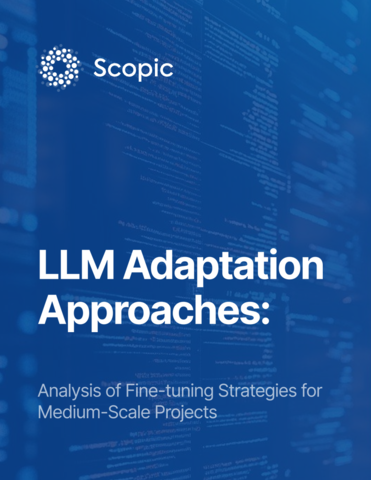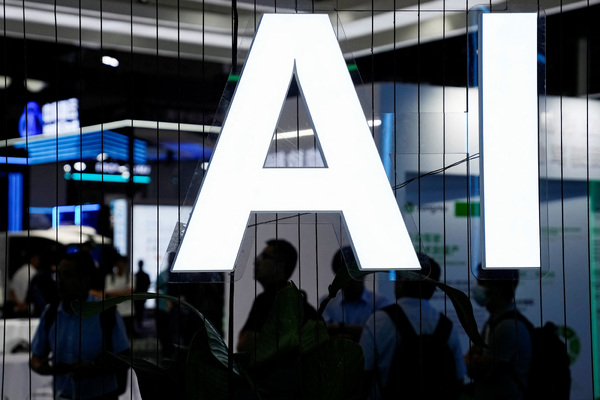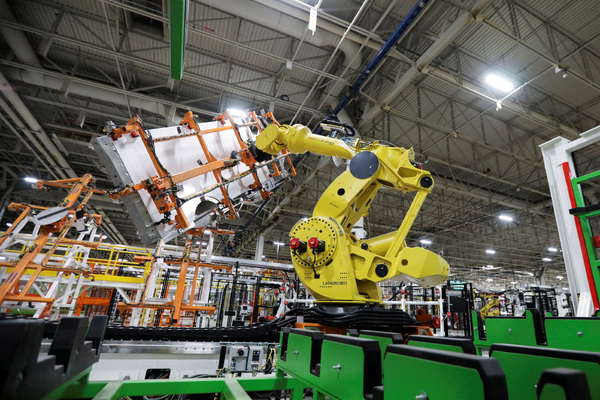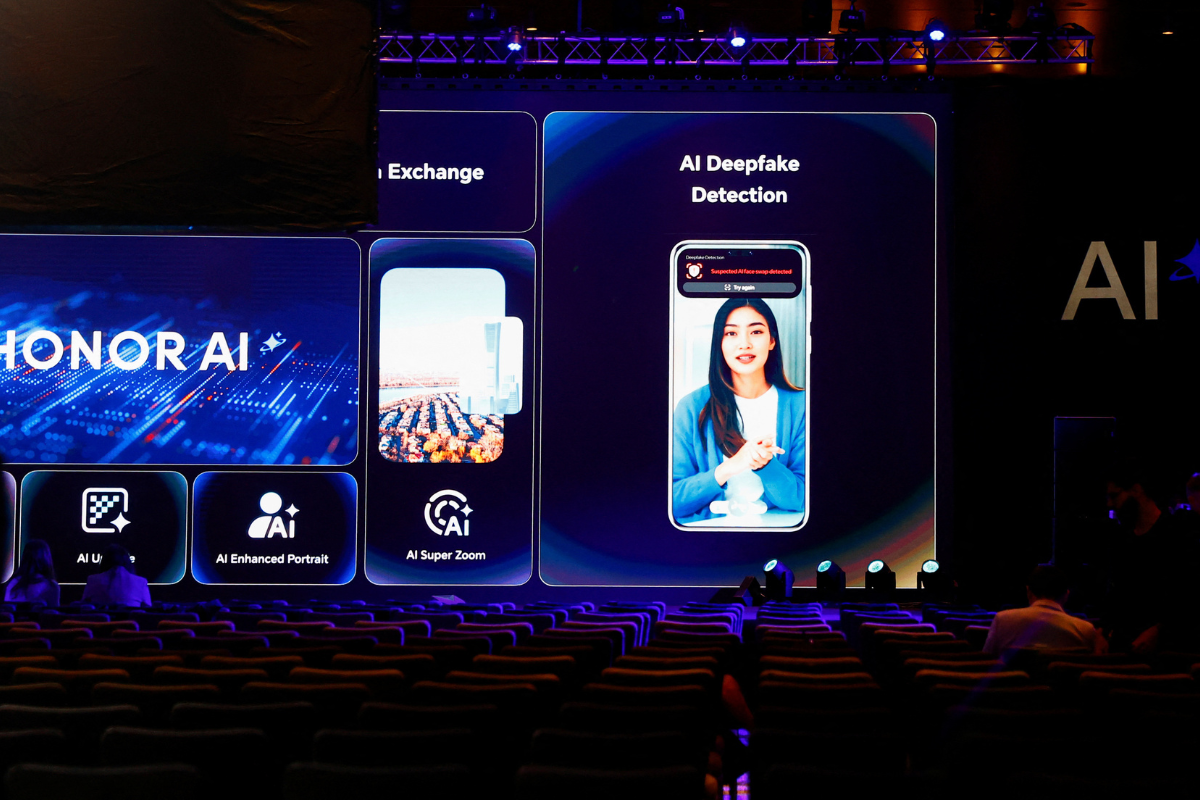Intellectual Property and AI – who owns the clever data?

Luke Jackson at law firm Walker Morris, discusses why Intellectual Property and AI will be integral to the factory of the future and explains who really owns the clever data
The term ‘AI’, referring to Artificial Intelligence, is one that can mean different things to different people. While it can be used in relation to robotics and automation, in its simplest form, AI refers to the simulation of human intelligence in machines, which are programmed to think like humans, by rationalising and taking actions that have the best chance of achieving a specific goal.
AI is driving significant developments in technology and business, from autonomous vehicles to medical diagnosis, and advanced manufacturing. As AI moves from the theoretical realm to the global marketplace, its expansion is fuelled by both digitised data and rapidly advancing computer processing power.
As a society, we are increasingly using forms of AI in our day-to-day lives, with our enhanced use of smart technology and devices – such as the Amazon Alexa or Apple’s Siri for example – that can learn from data and past behaviours to carry out tasks and provide us with the answers we need.
In business, the use of AI and the Internet of Things (IoT) is helping companies make the ‘Factory of the Future’ a reality, allowing them to harness the power of technology to produce machine vision and real-time data insights. In order for manufacturers to design and implement ‘smart’ factory operations effectively, they must be able to optimise production, while simultaneously understanding how and where human workers are still required to maximise automation processes.
Big Tech companies are increasingly investing in AI style tools and partnering with data-rich businesses and mathematicians in a bid to exploit the potential opportunities that using AI presents. We are seeing more independent developers creating ‘off the shelf’ AI packages that smaller businesses can start to use straight away. For example, automated ‘chatbots’ have previously been the exclusive domain of retail giants like Amazon and eBay, however this technology has become much more accessible to independent retailers in recent years.
IP rights in relation to AI
As more of these tools evolve, and are deployed, it is vital that businesses understand the intellectual property (IP) risks and issues in using these tools, particularly in relation to the ownership of what AI creates. This includes any data that may be commercially sensitive or critical for a business maintaining its competitive advantage.
From a legal perspective, a user of AI needs to be able to trust its outcomes from any data analysis and the output needs to be useful in terms of driving efficiency, cost reduction, and increased profitability. While the issues surrounding intellectual property and AI are being widely discussed, the legal system remains fairly slow in putting any new regulation in place in relation to this form of technology.
One way that a company can ensure they are credited for their invention and that their IP is protected is to take out a patent which, if granted, ensures the patent-holder has monopoly over the exploitation of an invention. According to the World Intellectual Property Organization (WIPO) ‘Technology Trends – Artificial Intelligence’ report published in 2019, the rapid growth of worldwide patenting in AI technologies over the past decade equates to a 400% increase in the number of published AI patent applications. The UK AI sector alone has seen its patenting activity more than double over the same period and around 88% of AI-related patents first filed in the UK are also protected elsewhere.
Currently, some of the leading applicants in AI patenting worldwide include software companies such as IBM and Microsoft, along with manufacturing and consumer electronics firms like Philips and Sony. Interestingly, we are currently seeing larger proportional increases in the UK than the global trends in AI-related technologies related to transport, image processing and telecommunications. The UK Court of Appeal www.bbc.co.uk/news/technology-58668534" target="_blank" rel="noreferrer noopener">recently ruled that an AI program cannot be the inventor of a patent, the origin must be a natural person; this position is not shared globally however, with courts in Australia and South Africa taking the opposite view.
The legal framework has been said to be lagging behind the rapidly developing technology, however first steps are now being taken. In September 2021 the UK Government launched its first National AI Strategy– a new ten-year plan to make the UK ’a global AI superpower’ – followed by a consultation on how the copyright and patent system should deal with AI.
Who really owns the clever data?
IP is a valuable asset and businesses need to make sure that they have the correct rights and ownership over anything that is created within the business - including material created by employees. Typically, a business that employs individuals to make AI resources would have ownership over anything that is created by them. However, this becomes more complex when third party individuals, organisations and, of course, AI technology is involved.
When we begin to look at who owns the clever data, the key question really is ‘who has generated the data?’ and if the answer is a machine or AI, then the next question is ‘who has ownership or rights to the data produced by that machine?’.
Often, the benefit a customer receives from an AI tool is the product of that tool learning from many customers before. Suppliers, then, typically include a clause in their standard terms stating that they may continue to use the customer’s data – albeit on an aggregated and anonymised basis – in the future. On one hand this may be considered a reasonable enough request so as to allow future customers to benefit in the same way the present customer has from those before.
However we are increasingly seeing these ongoing data use clauses included for products that do not rely on accurate data sets in order to improve: in these instances such clauses could be seen as attempts to gather business data en masse to potentially commercialise in other unrelated ways later down the line. Where these clauses appear, customers should carefully consider whether they are happy – and whether the supplier is reasonable in asking – for their data to be used in this way.
Ultimately, who owns the data will come down to what individual contracts say and this is why it is so important to ensure that you have clear communication between all parties from the outset when it comes to AI, with a good contract agreed and in place from the beginning. This will ensure that no one can return at a later stage and lay claim to the IP or invention, as the legal rights would be set out clearly before the invention was even created.
AI is playing an increasingly significant role in a range of technological activities and across various industries. Policymakers must move quickly to keep up with AI-related developments and to help shape the direction of the AI’s evolution. It is imperative that going forward we can harness this technology effectively to ensure that we can capitalise on the possible benefits from AI, in the UK and on a wider global scale.
As a business, if you have any concerns or uncertainties regarding who owns the data in your AI, it’s important to seek advice and support quickly, whether that be legal counsel or more technical advice, before any problems arise.
The use of AI is only set to increase, and it is important that while businesses can harness this technology effectively, they also know how to protect themselves and use it properly.
Luke Jackson is Senior Associate in the Technology & Digital team at leading law firm, Walker Morris. To learn more about Walker Morris’ expertise and visit its new ‘Factory of the Future’ site, head to: thefactoryofthefuture.co.uk/
Main image courtesy of iStockPhoto.co

Business Reporter Team
Most Viewed
Winston House, 3rd Floor, Units 306-309, 2-4 Dollis Park, London, N3 1HF
23-29 Hendon Lane, London, N3 1RT
020 8349 4363
© 2025, Lyonsdown Limited. Business Reporter® is a registered trademark of Lyonsdown Ltd. VAT registration number: 830519543





